Language Access in Elections: Yolo County
Meet the Election Team Improving Voter Access
The Yolo County Elections Office describes itself as a small office with high standards. With 7 full-time employees, they are committed to fair and accurate elections that guarantee both privacy (of data and ballots) and transparency (of process). They are also committed to ensuring that every eligible resident’s voice is heard, no matter the language.
Two individuals on this team who are making waves locally and nationally include Jesse Salinas, Registrar of Voters, and Armando Salud, Deputy of Elections. Since Jesse Salinas’ arrival, Yolo County Elections Office has won two national awards in elections: the National Association of Election Officials for outreach to youth, and from the U.S. Election Assistance Commission for outstanding election administration.
Jesse Salinas
Assessor/Clerk-Recorder/Registrar of Voters
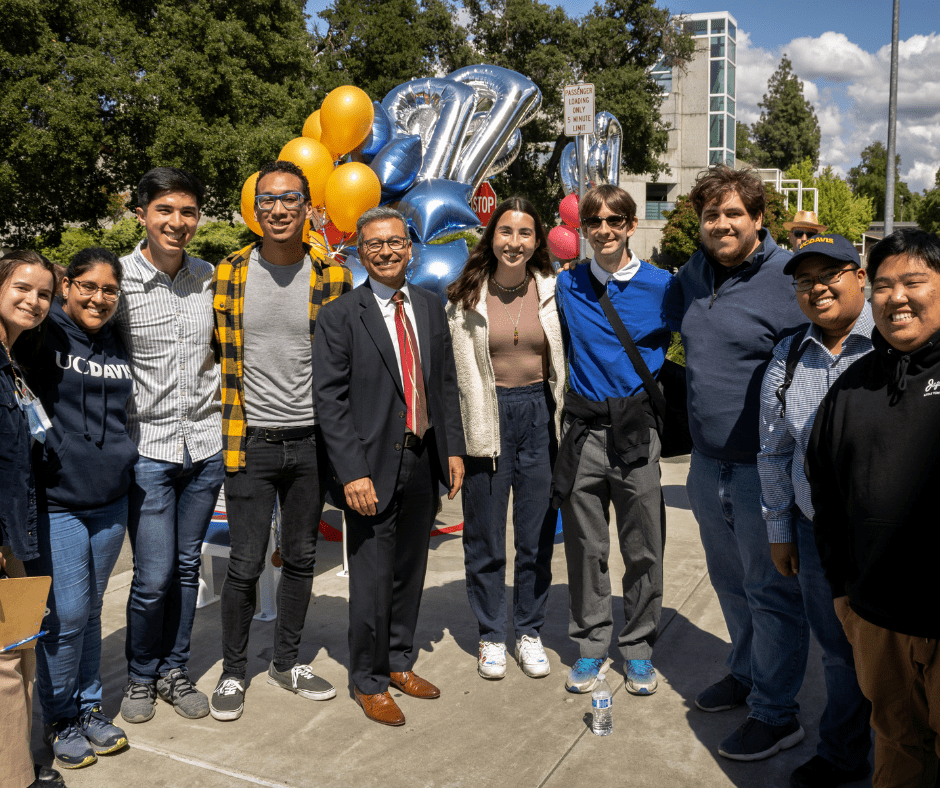
Jesse has been working with Yolo County since 2005. His background in public policy and budget management, coupled with a willingness to roll with the punches, has positioned him to lead the elections office with grit. His successes include language access expansion in five languages (one more than required by the Secretary of State), Yolo County’s participation as a Voter’s Choice Act county, and an above–average voter turnout since beginning his tenure. Jesse sits as President for California Association of the Clerk and Election Officials and is proud that Yolo County’s overall language performance rating moved from last place to first in 6 months of starting his position.
Armando Salud
Deputy of Elections
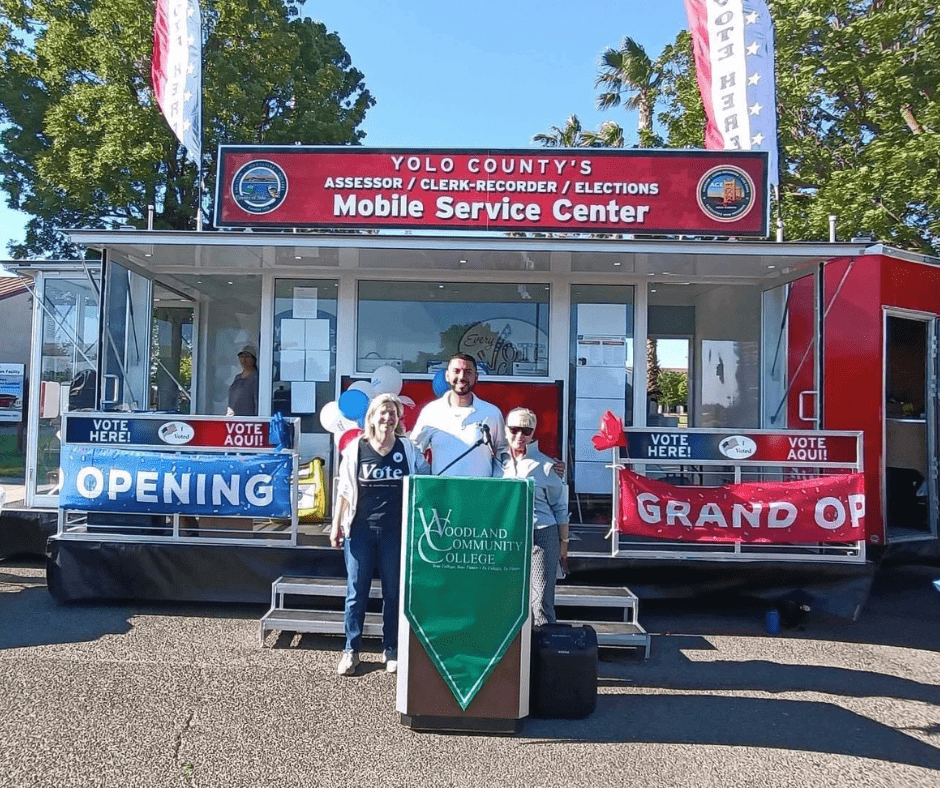
Armando immigrated to the U.S. from Mexico at 9 months old. Instead of following his family’s footsteps into law enforcement, he initially found his way to elections in 2009 “to get money for rent.” Named an Election Hero by People Magazine in 2022, Armando is a perfect example of what they say in the election world: “once you’re in, you don’t go out.” He makes an impact through positions such as Chair of the Election Center’s Professional Education Program Board, Steering Committee member for National Voter Registration Day, and County Designee for the CA Secretary of State’s Language Access Advisory Committee.
The elections translations guide every office needs
Do you know when to translate candidate statements—or how to avoid costly last-minute requests? Our elections translations roadmap helps you plan ahead, batch requests efficiently, and ensure multilingual voters have access at the right time.
Yolo County Election Priorities
Success in the following priority areas is what the Yolo County team strives for each election cycle:
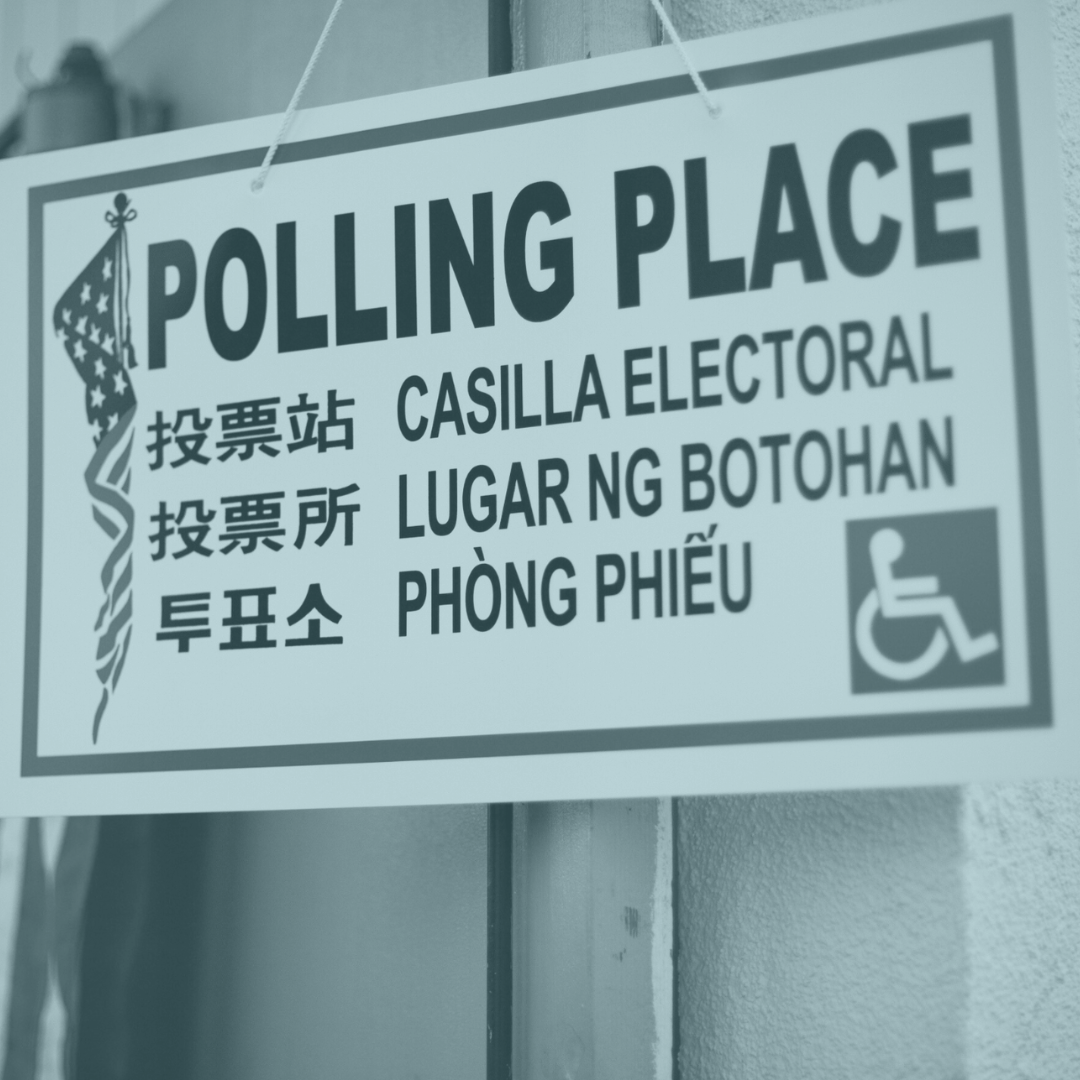
Voter Turnout
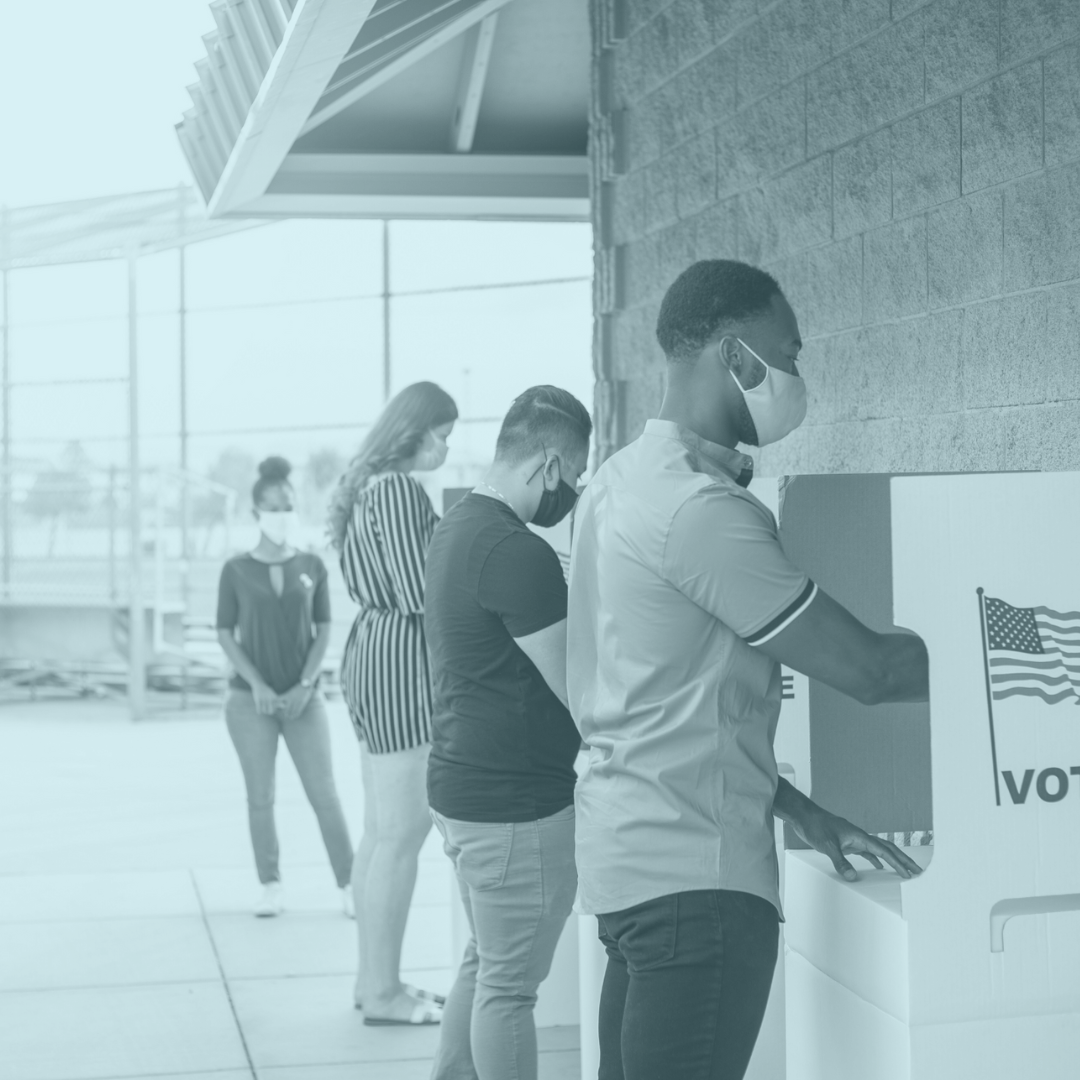
Data Accuracy
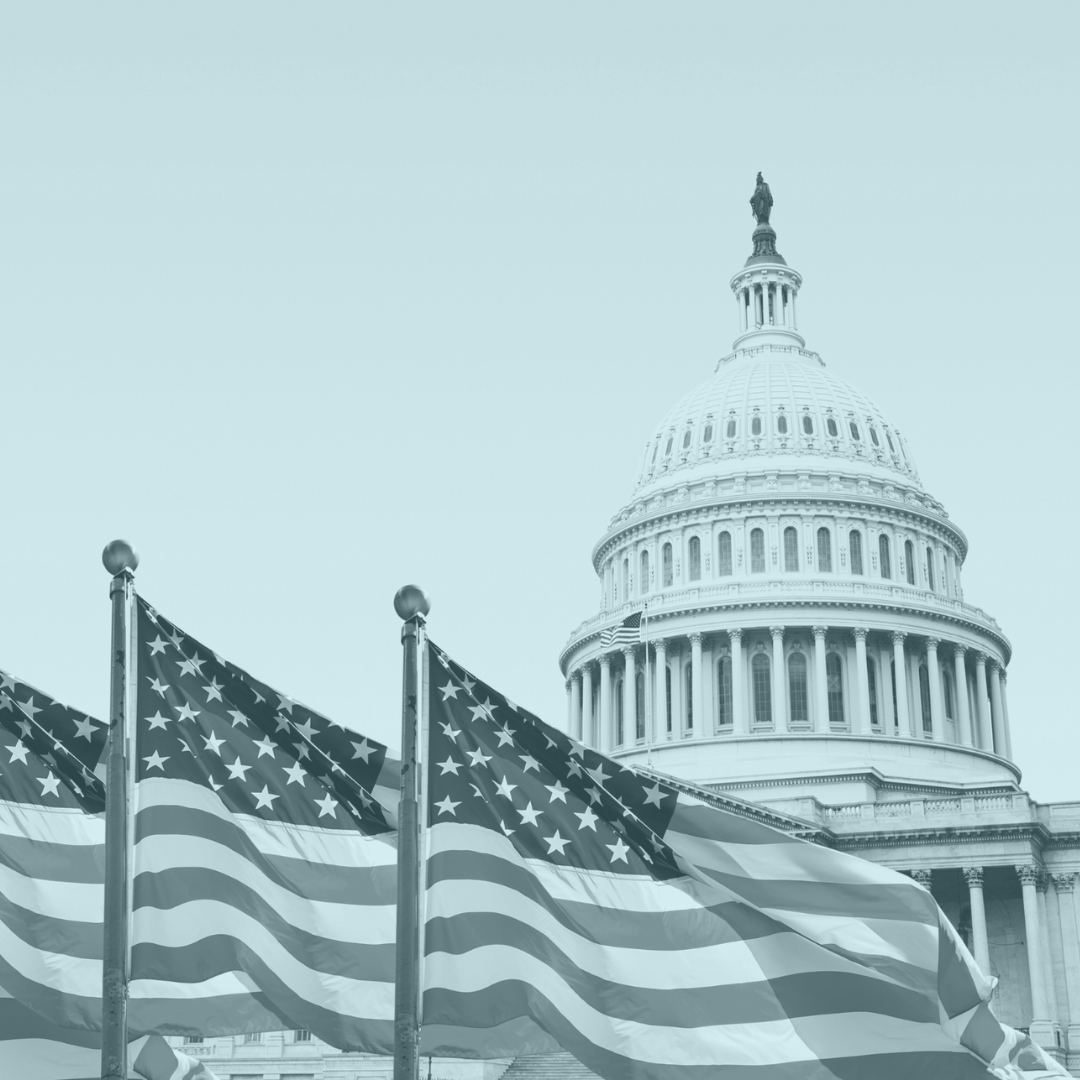
Timeliness & Efficacy

Voting Access

Voting Transparency

Election Security
Engaging LEP Voters to Help Meet these Goals
The team at Yolo County understands that many of their population face barriers at election time. Young voters, language minority groups, and individuals impacted by the legal system have historically low turnout at the polls and therefore a lack of impact in decision-making processes. The county has expanded voting access through a number of innovative strategies, meaning that outcomes more accurately reflect the needs and wants of local populations.
When it comes to limited English proficiency, they have reduced barriers to voting by identifying local language needs, engaging LEP voters, and providing the necessary tools on election day.
Identifying Local Language Needs
Only when you fully understand who needs language assistance can you plan an approach that will effectively increase LEP voter engagement. With career experience analyzing data, Jesse Salinas is able to guide the team to use digitally-available tools and databases as strategic planning resources. GIS software is used to cross–reference data layers on a map, looking at local levels of eligible registrants, turnout numbers, and comparisons with US Census data. In Armando’s words, “gathering data tells a story.” Once the team understands the story, they can move to the essential stage of voter engagement.
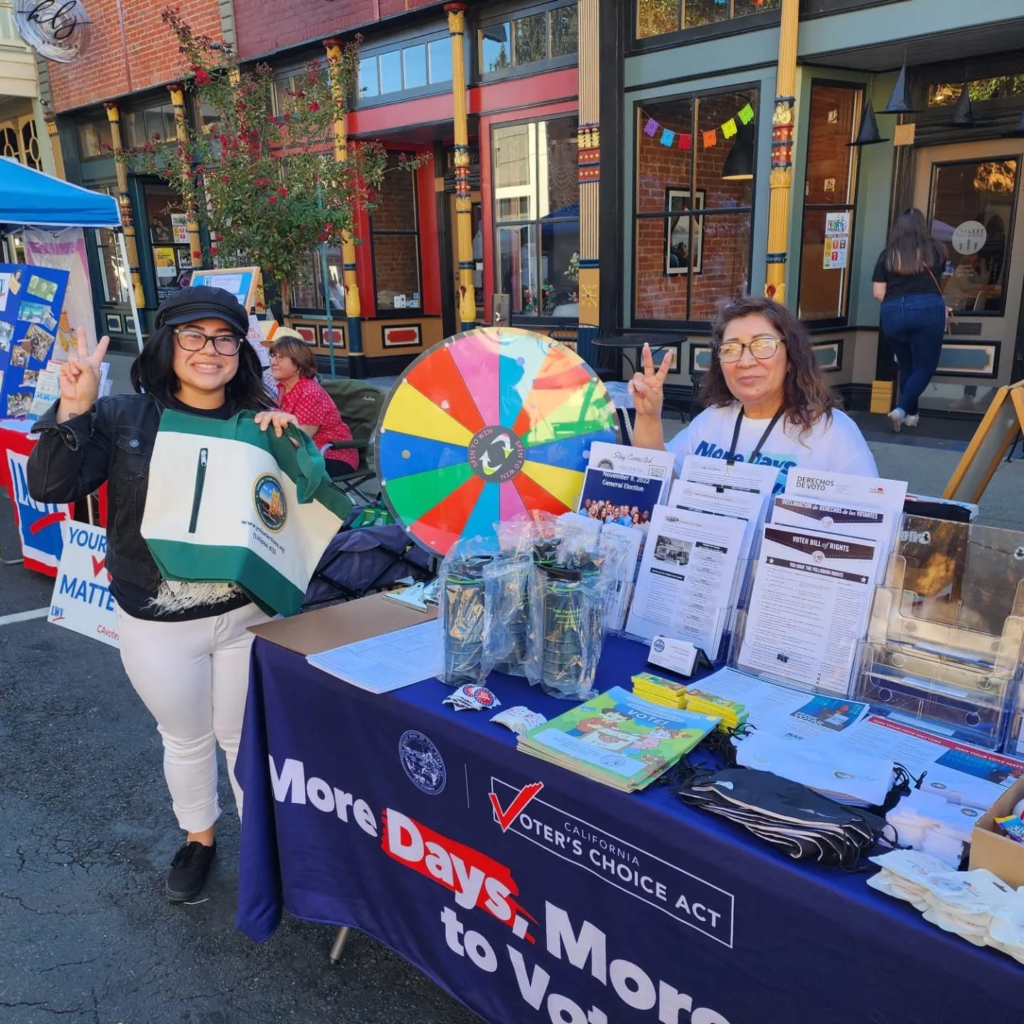
Encouraging Voter Participation
Once outreach priorities have been identified, the elections team seeks fun, creative ways to engage target communities. Each individual city, district, and neighborhood has unique habits and customs, not to mention different languages, and there is no one-size-fits-all approach. So how to achieve maximum voter engagement across these groups?
Partner with Community-Based Organizations
Through its “Train the Trainer” program, the county has established connections with religious and other community organizations and trained individual leaders to register members to vote. Many potential voters find it easier to trust a known community leader than an unknown county office employee. By hosting registration drives and providing safe spaces for individuals to ask questions, this initiative has allowed the elections office to expand its footprint among diverse community groups.
Focus Groups and Town Hall Meetings
These events allow the public to have input on election practices, helping the team make changes based on real feedback from authentic voices. VCA Voter Education and Outreach Workshops were offered in the run-up to the 2022 General Election, with language assistance in five languages and assistance for voters with disabilities.
Other Community Outreach Events
The elections office hosted over 25 events during the 2022 cycle. These included in-person workshops, mock elections for students, bilingual Facebook Live events, and even a mobile taco truck. As Jesse Salinas puts it, “at the end of the day, if people are enjoying the experience, they’re more likely to participate.”
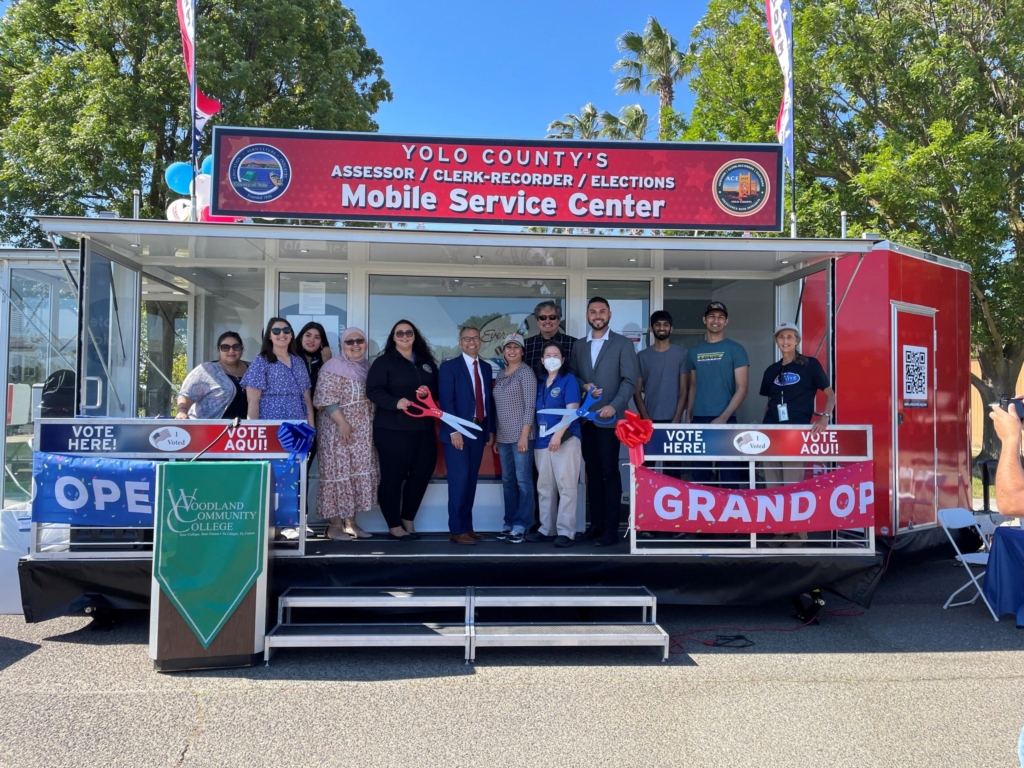
Providing Language Assistance on Election Day
Once a voter is engaged and committed to casting their vote, they must be assured that when they fill in their ballot, by mail or in person, they will receive the necessary language assistance. In Yolo County, the approach is multi-faceted.
Translating Voting Materials
The team partners with Avantpage to translate materials into five languages, one more than mandated by the Secretary of State. These materials include ballots, facsimile ballots, voter information guides, posters, web content, and more.
Recruit Bilingual Poll Workers
Yolo County has bilingual poll workers in its threshold languages of Spanish, Chinese, Korean, and Punjabi, as well as in Russian. In 2016, they identified a need for improved language access in Russian. By building a relationship with a local church, a pillar in the Russian community, they were able to recruit members as bilingual poll workers. This not only improved access for Russian-speaking voters but provided seasonal job opportunities for the community.
Providing Language Assistant Hotlines
The Secretary of State allows counties to use its contracted solution for over-the-phone interpreting services, which provides language assistance to LEP voters. The hotline covers a wide range of languages, meaning that speakers of lesser–diffused languages still have an opportunity to engage and participate in elections.
A Continuous Learning Cycle Means Continuous Improvement
Yolo County benefits from active participation in the California election community, learning as well as sharing knowledge with peers from around the state and nationwide. Armando Salud serves as the Chair of the Election Center’s Professional Education Program Board and was appointed to the National Voter Registration Day Steering Committee. Jesse is the Treasurer for the California Association of the Clerk and Election Officials and is involved in many local organizations as a chair, board member, and more.
As well as having a presence at industry conferences and events, the team also participates in the statewide Language Access Advisory Committee. The LAAC includes representatives from community-based organizations, election officials, and language service providers. Members meet regularly to share resources and discuss policy and best practices around language access in elections. As Armando puts it, “there’s no need to reinvent the wheel when we are all doing the same thing and chasing the same goal: conducting a safe, transparent, and a great election.”
Looking to improve multilingual voter engagement and turnout?
Let’s talk about what works. Connect with our team to learn effective, compliant strategies for engaging multilingual and Limited English Proficient voters—while supporting accurate, trustworthy elections.